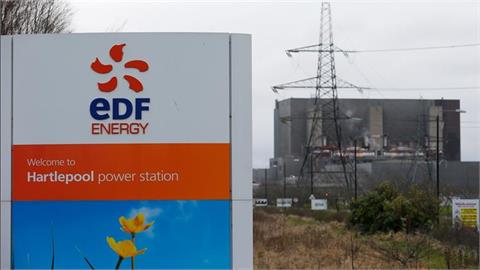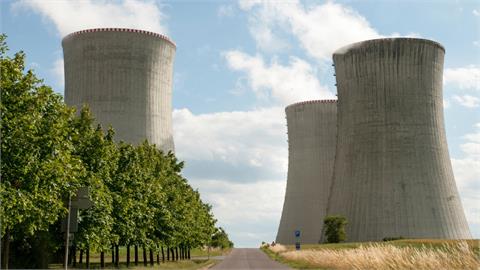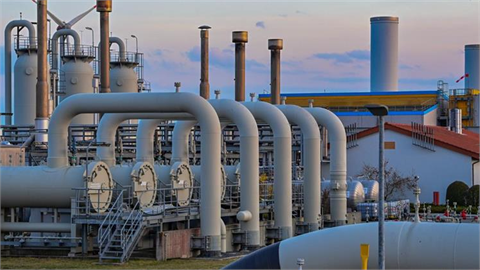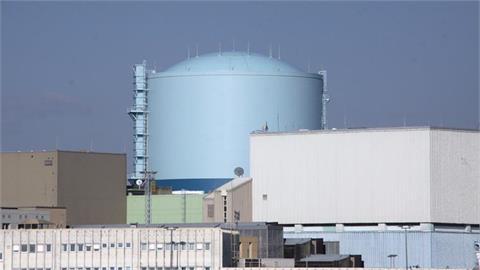The failure of the Opec+ group to agree on production policy beyond this month has introduced a new layer of market uncertainty, raising the prospect of tighter crude supplies and price volatility.
The Opec+ meeting scheduled for yesterday was called off, with the UAE still holding out on the group's policy beyond the end of this month. That has sparked a dispute with Saudi Arabia.
The alliance unanimously agrees that the market needs more oil supply as countries begin to ease travel restrictions and lift lockdowns caused by the Covid-19 pandemic. This is informed by Opec's assumption that demand will be 5.95mn b/d higher in 2021 and its estimate that OECD commercial stocks have fallen below their 2015-19 average.
But unless they agree within the next week on parameters surrounding a production increase, it is likely that discussions will be pushed back until next month's meeting, delegates said. This would see Opec+ members' July quotas roll over into August, which delegates warn would tighten supply and increase prices that have hit multi-year highs this week.
While this could benefit Opec+ members in the short term by providing greater revenues, it could encourage more production from the US shale sector. This would cause difficulties in maintaining the reduction in OECD stocks, and Opec+ would be loathe to see the efforts of the past 14 months go to waste.
A lack of co-ordination by Opec+ member countries to increase oil production could pave the way for a price war — as happened the last time the group hit an impasse in April 2020 — and "serious market imbalances", said Iraqi prime minister Mustafa al-Kadhimi's financial advisor Mazhar Muhammed Saleh.
The uncertainty introduced by the Saudi-UAE spat goes against the Opec+ group's aim to provide long-term market guidance. Before the UAE's objections, the group had looked like it would back a proposal to couple a 400,000 b/d monthly increase in production from August with a deal extension until the end of 2022.
Its failure to do so sent global crude prices to recent highs. The Ice Brent front-month contract settled yesterday at $77.16/bl, the highest since October 2018, and the WTI contract settled at $75.16/bl. This comes as the US government makes its first public vocal intervention in the oil market since President Joe Biden's election in November, with a plea for Opec+ members to reach agreement.is/article/2231467). Rising US gasoline prices during the busy summer driving season are emerging as a potential political liability for Biden as he oversees the country's recovery from the Covid-19 pandemic and the resulting economic slump.
Even if a deal is reached between Opec+ members, US bank Goldman Sachs said that most outcomes still imply higher prices in the coming months because global oil markets need higher Opec+ production levels than discussed under the latest proposal. The bank's base case puts Ice Brent crude prices at $80/bl this summer, the same level seen by Swiss bank UBS.
(www.argusmedia.com, 06 July 2021)



